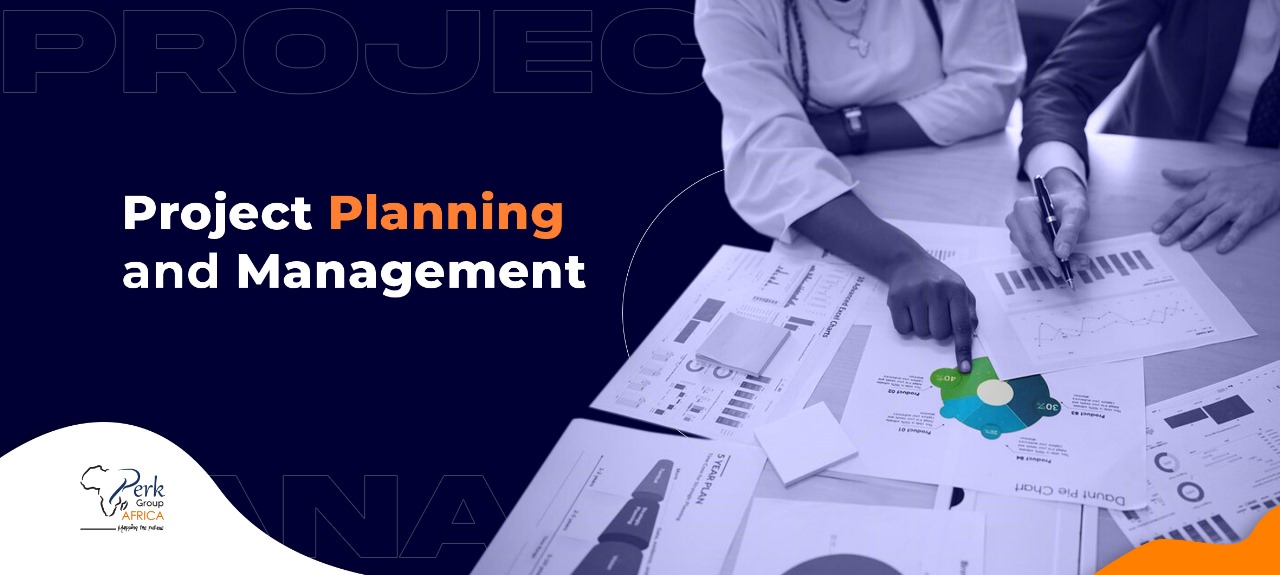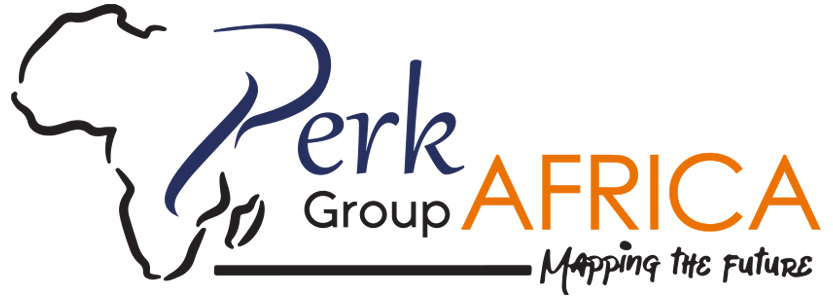
Training Course on Project Planning and Management
Course Overview
The Project Planning and Management course is a practical, results-driven program designed to equip professionals with the skills, tools, and strategies to successfully deliver projects across industries. Covering the entire project lifecycle—from initiation to closure—the course emphasizes effective planning, resource management, execution, monitoring, and evaluation.
Through case studies, real-world scenarios, and hands-on exercises, participants will bridge the gap between theory and practice, gaining the confidence to apply proven project management approaches in their organizations. Whether you are a seasoned professional or an aspiring manager, this course provides the knowledge and skills needed to deliver projects on time, within scope, and on budget—while achieving meaningful impact.
Course Objectives
By the end of this course, participants will be able to:
- Apply core project management methodologies and frameworks in various contexts.
- Define project objectives, deliverables, and success criteria that align with organizational goals.
- Develop detailed project plans, including schedules, budgets, and resource allocation.
- Identify and manage project risks with effective mitigation strategies.
- Strengthen stakeholder engagement and communication for better collaboration.
- Monitor and control project performance using key metrics and KPIs.
- Apply quality assurance and control processes throughout the project lifecycle.
- Successfully close projects, capture lessons learned, and improve future outcomes.
Benefits to Organizations
Organizations that invest in this training will benefit from:
- Improved project success rates through structured planning and execution.
- Enhanced efficiency and resource utilization, reducing delays and cost overruns.
- Stronger risk management practices, ensuring proactive problem-solving.
- Increased accountability and transparency in project delivery.
- Better alignment of projects with organizational strategy and objectives.
- Empowered teams capable of delivering results that create long-term impact.
Personal Benefits to Participants
Participants will gain:
- A solid foundation in project management principles applicable across industries.
- Practical skills to plan, execute, and close projects successfully.
- Confidence to lead teams, manage resources, and handle challenges effectively.
- Improved ability to analyze risks and make informed decisions.
- Recognition as a skilled project professional, boosting career advancement opportunities.
- Transferable skills that enhance both professional and personal effectiveness.
Course Duration
5 Days – Interactive, Practical, and Engaging
Course Outline
Module 1: Introduction to Project Management
- Importance of project management in organizational success
- Project, program, and portfolio management explained
- Methodologies overview: Agile, Waterfall, PRINCE2
- Roles of project managers and teams
Module 2: Project Lifecycle
- Phases: Initiation, Planning, Execution, Monitoring & Control, Closure
- Integration for seamless project delivery
- Common challenges and solutions
Module 3: Project Initiation
- Defining needs and objectives
- Developing a project charter and scope statement
- Stakeholder identification and analysis
- Feasibility studies and project selection
Module 4: Project Planning
- Creating a Work Breakdown Structure (WBS)
- Building project schedules (Gantt charts, CPM)
- Budgeting and resource allocation
- Risk and stakeholder communication planning
Module 5: Project Execution
- Building and managing effective teams
- Resource procurement and allocation
- Delivering project activities with quality
- Tracking progress and adapting to changes
Module 6: Monitoring and Control
- Using KPIs to track project performance
- Managing changes in scope, time, and cost
- Risk and issue management
- Communicating progress to stakeholders
Module 7: Project Quality Management
- Quality planning, assurance, and control tools
- Embedding continuous improvement
Module 8: Project Closure
- Delivering outputs and obtaining acceptance
- Project evaluations and lessons learned
- Contract closure and resource release
- Celebrating success and recognizing contributions
Note: This outline provides a general structure for a 5-day training program on Project Planning and Management. The specific content, activities, and duration of each session may be adjusted based on the target audience, learning objectives, and available time.
Classroom Training Schedule
| Start Date | End Date | Location | Cost | Apply |
|---|---|---|---|---|
| Feb 23, 2026 | Feb 27, 2026 | Nairobi | $ 1200 | Register |
| Mar 30, 2026 | Apr 03, 2026 | Nairobi | $ 1200 | Register |
| May 04, 2026 | May 08, 2026 | Nairobi | $ 1200 | Register |
| Jun 08, 2026 | Jun 12, 2026 | Nairobi | $ 1200 | Register |
| Jul 13, 2026 | Jul 17, 2026 | Nairobi | $ 1200 | Register |
| Aug 17, 2026 | Aug 21, 2026 | Nairobi | $ 1200 | Register |
| Sep 21, 2026 | Sep 25, 2026 | Nairobi | $ 1200 | Register |
| Oct 26, 2026 | Oct 30, 2026 | Nairobi | $ 1200 | Register |
| Nov 30, 2026 | Dec 04, 2026 | Nairobi | $ 1200 | Register |
Virtual Training Schedule
| Start Date | End Date | Location | Cost | Apply | |||
|---|---|---|---|---|---|---|---|
| Feb 09, 2026 | Feb 13, 2026 | Online | $ 600 | Register | |||
| Mar 16, 2026 | Mar 20, 2026 | Online | $ 600 | Register | |||
| Apr 20, 2026 | Apr 24, 2026 | Online | $ 600 | Register | |||
| May 25, 2026 | May 29, 2026 | Online | $ 600 | Register | |||
| Jun 29, 2026 | Jul 03, 2026 | Online | $ 600 | Register | |||
| Aug 03, 2026 | Aug 07, 2026 | Online | $ 600 | Register | |||
| Sep 07, 2026 | Sep 11, 2026 | Online | $ 600 | Register | |||
| Oct 12, 2026 | Oct 16, 2026 | Online | $ 600 | Register | |||
| Nov 16, 2026 | Nov 20, 2026 | Online | $ 600 | Register | |||
| Dec 14, 2026 | Dec 18, 2026 | Online | $ 600 | Register |
Course Language
This Training course is offered in ENGLISH . Please indicate the language of choice during registration.
Course Delivery
Presentations are well guided, practical exercise, a plenary presentation, and group work. Participants are encouraged to bring any data relevant to their job responsibilities. This is hands-on, product-oriented training and will mostly involve practical exercises. Each participant MUST bring along their own working laptop and android phone.
Certification
Upon completion of training, the participant will be issued with a certificate of Completion.
Tailor-Made Course
3 months post-training support, consultation, and coaching is a guarantee from us and will be available after the course.We can also do this as a tailor-made course to meet organization-wide needs. Contact us to find out more: training@perk-gafrica.com.
